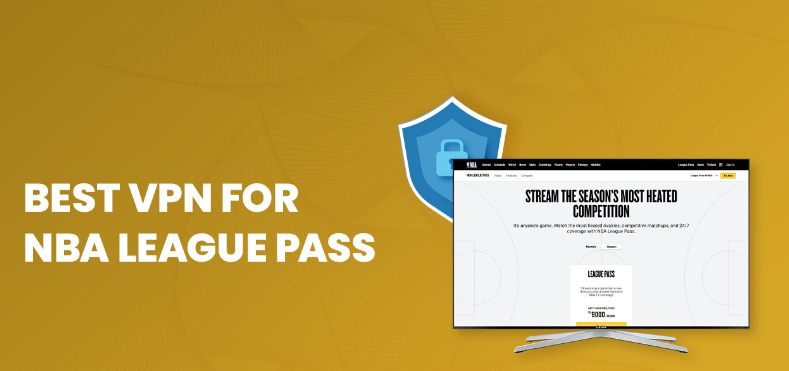The impact of Technology on Mental health and Well-being
Technology on mental health also raised concerns about their impact on mental health and overall well-being.

In our fast-paced, digitally connected world, technology on mental health has become an integral part of our daily lives. From smartphones and social media to virtual reality and artificial intelligence, technology has transformed the way we communicate, work, and live.
While these advancements have brought about numerous benefits, they have also raised concerns about their impact on mental health and overall well-being.
In this blog post, we will explore the multifaceted relationship between technology and mental health, shedding light on both the positive and negative aspects, and offer strategies for maintaining a healthy balance in the digital age.
The Positive Side of Technology on mental health
Before delving into the potential drawbacks, it's crucial to acknowledge the positive ways in which technology has influenced mental health and well-being.
- Access to Information and Support: The internet serves as a vast repository of knowledge and resources related to mental health. Individuals can easily access information about various conditions, treatment options, and coping strategies. Online communities and forums provide a platform for people to share their experiences and seek support from others facing similar challenges.
- Teletherapy and Mental Health Apps: Technology has made mental health services more accessible. Teletherapy platforms enable individuals to connect with therapists and counselors remotely, eliminating geographical barriers. Additionally, there is a plethora of mental health apps designed to offer guidance, meditation, and mood tracking, which can be valuable tools for managing stress and anxiety.
- Mental Health Awareness: Social media has played a significant role in raising awareness about mental health issues. Campaigns and movements on platforms like Twitter and Instagram have encouraged open conversations about mental well-being, reducing the stigma associated with seeking help.
- Online Communities: The internet has facilitated the creation of online support communities where individuals can find solace and understanding. These communities often focus on specific mental health challenges, allowing individuals to connect with others who share their experiences.
The Dark Side of Technology on mental health
While technology has undoubtedly brought about many benefits, it has also given rise to challenges that can adversely affect mental health and well-being.
- Digital Addiction: The constant connectivity enabled by smartphones and social media can lead to addiction-like behavior. Excessive screen time can disrupt sleep patterns, decrease productivity, and contribute to feelings of anxiety and depression. The fear of missing out (FOMO) on social media can also lead to compulsive checking and scrolling, which can be emotionally draining.
- Cyberbullying: The anonymity provided by the internet has given rise to cyberbullying, which can have devastating effects on mental health, especially among young people. Online harassment can lead to low self-esteem, anxiety, and even suicidal thoughts.
- Comparison and Envy: Social media platforms often present an idealized version of people's lives, which can lead to unhealthy comparisons and feelings of inadequacy. Constant exposure to curated content can cultivate unrealistic expectations, negatively impacting self-esteem.
- Privacy Concerns: The digital age has raised concerns about the privacy of personal information. Data breaches and the potential misuse of personal data can lead to feelings of vulnerability and anxiety.
- Information Overload: The sheer volume of information available online can be overwhelming. Constant exposure to distressing news and information overload can lead to stress and anxiety.
Maintaining Balance in the Digital Age
Given the complex relationship between technology and mental health, it's essential to adopt strategies that allow us to harness the benefits of technology while mitigating its negative effects. Here are some practical tips for maintaining a healthy balance:
- Set Boundaries: Establish clear boundaries for screen time and social media use. Designate specific times for checking emails and messages, and avoid screens at least an hour before bedtime to promote better sleep.
- Practice Mindfulness: Incorporate mindfulness techniques into your daily routine. Meditation, deep breathing exercises, and digital detox days can help reduce stress and improve mental clarity.
- Cultivate Digital Literacy: Be aware of the impact of online content on your emotions and well-being. Develop critical thinking skills to discern reliable information from misinformation, and be selective about the content you consume.
- Prioritize Real-World Connections: While online relationships can be valuable, don't neglect in-person connections. Spend quality time with friends and family, fostering meaningful relationships that provide emotional support.
- Seek Professional Help: If you're struggling with mental health issues, don't hesitate to seek professional help. Teletherapy and mental health apps can provide accessible options for support and treatment.
- Stay Informed and Vigilant: Stay informed about privacy and security issues related to technology. Regularly update passwords and review privacy settings on your devices and online accounts to protect your personal information.
- Encourage Open Conversations: Encourage open conversations about technology and its impact on mental health within your family and community. Sharing experiences and strategies can help create a supportive environment.
Technology has become an integral part of our lives, with both positive and negative effects on mental health and well-being. While it offers valuable resources for mental health support and awareness, it also poses challenges like digital addiction, cyberbullying, and information overload.
To maintain a healthy balance in the digital age, it's essential to set boundaries, practice mindfulness, and prioritize real-world connections.
By staying informed and seeking professional help when needed, we can navigate the digital landscape while safeguarding our mental health and well-being. Ultimately, technology's impact on mental health depends on how we choose to use and manage it in our lives.
What's Your Reaction?

















